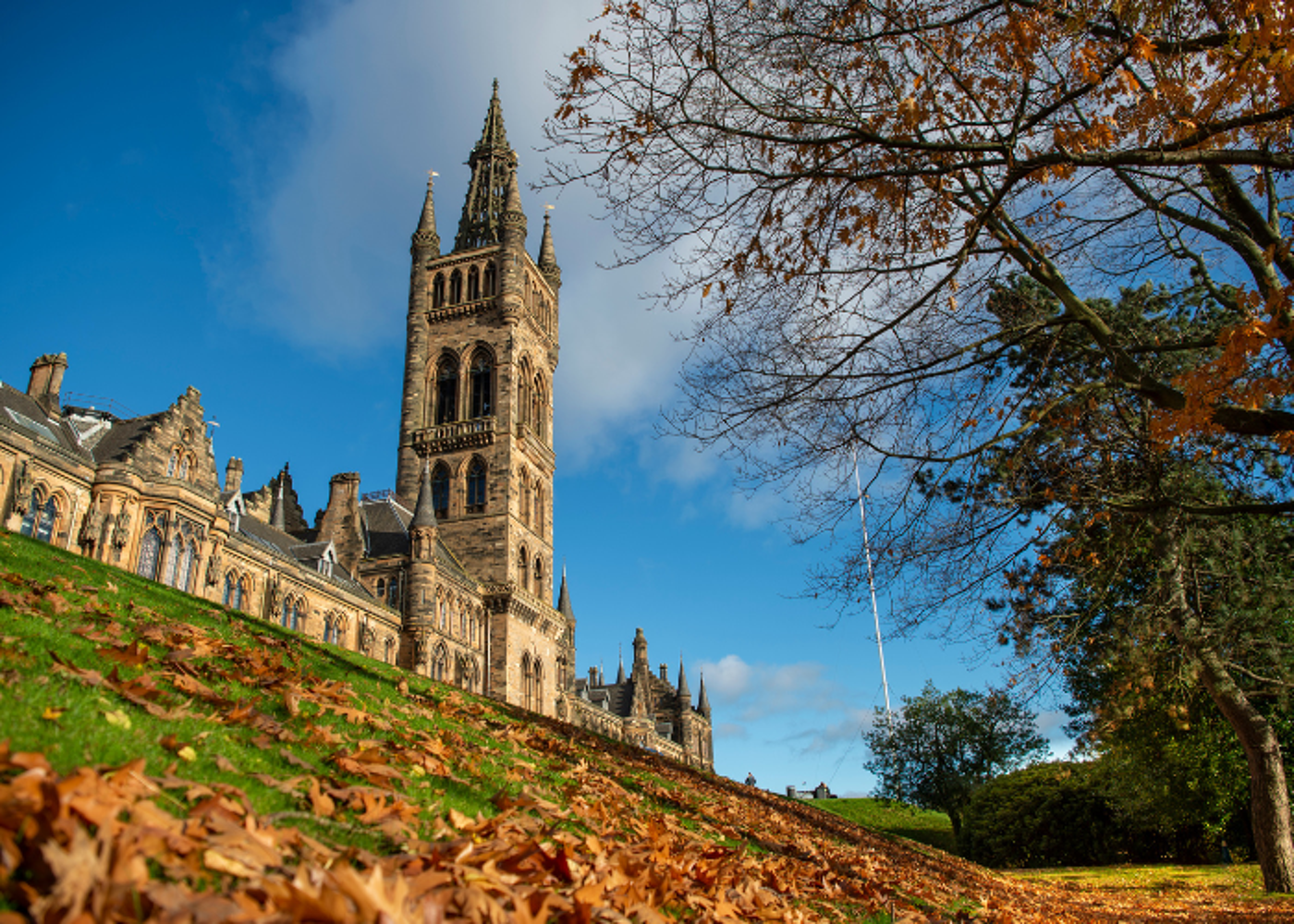
Postgraduate Research
Sociological & Cultural Studies currently has over 60 postgraduare research students undertaking sociological research at the University of Glasgow, dealing with subjects across the discipline.
Postgraduate Research Convenor [Sociological & Cultural Studies]: Dr Gareth Mulvey - gareth.mulvey@glasgow.ac.uk
Our postgraduate community is particularly cosmopolitan, bringing together students from various international contexts with others who have progressed through our own undergraduate programmes, and funded in a wide range of ways, including by ESRC and ASRF scholarships, by international organisations and through doctoral awards tied to dedicated research projects. We have developed a number of effective ways of providing support to our PhD students including:
- The yearly seminar series, which offers a diverse programme, bringing internationally recognised speakers to Glasgow, but also providing a supportive yet critical context in which postgraduate students can present their first papers and findings;
- Fortnightly lunchtime meetings, which offer both thematic topics such as ethics in research and preparing for a vive as well as the opportunity to socialise with fellow students and staff;
- Individual postgraduate review panels at which the PGR Convenor and supervisory teams meet to discuss progress with each student.
Each full-time student is entitled to:
- A computer and full IT support
- Telephone and photocopying facilities
- Access to our unrivalled library facilities
- Access to our exclusive Postgraduate Research Hub with hot-desk facilities and collaborative working space
We provide supervision in all areas in which we work, including crime, justice and security; racism and anti-racism; nationalism; disabilities; social stratification; health and illness; drug use; gender and sexualities; consumption and 'risk'; gambling; media research; social theory; cultural studies; migration; and research methods. We are active supporters of interdisciplinary research and many staff are involved in providing supervision to students alongside colleagues from other disciplines.
Please explore our subject groups to identify a potential supervisior and you can learn more about our staff and their research interests.
Identify a potential supervisor
Initial approaches and guidance for the first stage of the application process
We welcome inquiries from prospective PhD students and offer multiple pathways to begin your application process:
Initial consultation
Contact our Postgraduate Research (PGR) Convenor, Dr Gareth Mulvey - gareth.mulvey@glasgow.ac.uk - for guidance on the application process.
Or if you have developed a proposal, find a potential supervisior through our Subject Group pages:
Research proposal development
Your research proposal is the key document in your application. We recommend 1200 words plus bibiography with content including:
- Clear research questions and objectives
- Literature review
- Theoretical framework
- Research design and methodology (for empirical research)
- Timeline and feasibility
We welcome both empirical and theoretical based proposals.
When contacting supervisors, you should include:
- Your research proposal (1200 words plus bibliography)
- A brief CV (one page is sufficient at this stage)
- Any questions or specific areas where you would like guidance
Whilst we strongly recommend this initial consultation process, all prospective students have the right to submit a formal application through the online application system at any time. Formal applications require additional documentation, including references, and will be processed by the College of Social Sciences Graduate School.

How to apply
To apply to do a PhD with us in Sociological & Cultural Studies, please refer to the College of Social Sciences Graduate School for information on the application process and how to get started.

